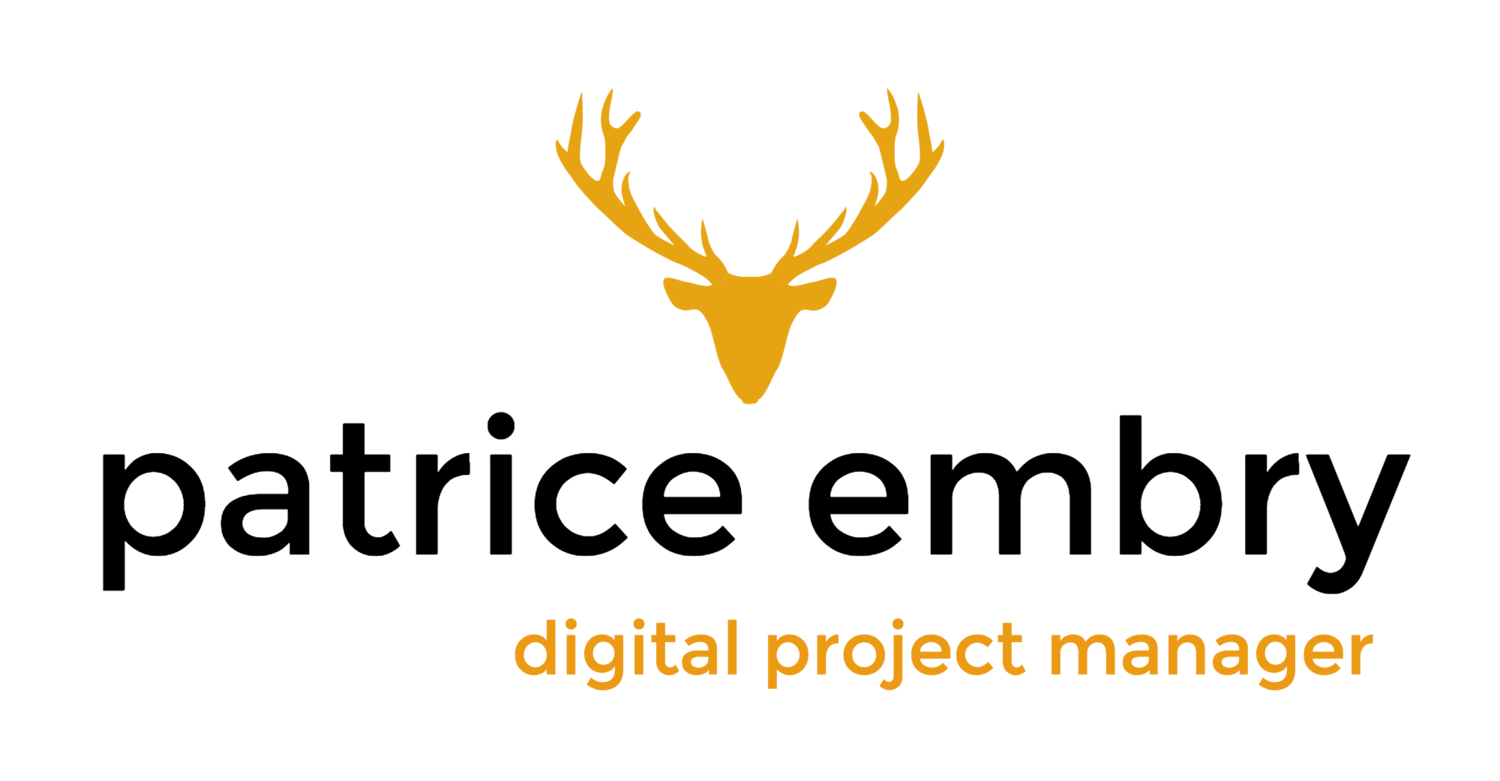Hi. Took a bit of a breather there for a while but I'm back.
A reader writes:
I'm applying for a much overdue new position and I'm really struggling with how to update my resume. In my current position, I was hired for a different role and when I transitioned to the role of PM, received no support (education, yes, support, not so much). My boss would fight me every step of the way when I tried to implement change, and the team, while they liked me, was not held accountable to protecting the project budget and scope. When trying to think back on my accomplishments at this position, I feel like I have nothing to show that would make me attractive to a new employer, but I KNOW that I'm good at my job, even though I didn't get to exercise it much in my current position. Any tips for me as I step back out into the job world?
It's so hard to be objective about your own job, especially if you've been there for a while and ESPECIALLY if you now have a different job than when you started.
The first thing I want to call out is something I'm sure you know, but if you're like me, it might not be top of mind: the resume (and its almost-equal partner, the cover letter) is just to get your foot in the door. I would knock myself out trying to tell my full and complete story with my resume, allowing it to be a stand-in for actually talking to me. It's not designed for that; it's designed to sell you. So pick the parts that sell you well for the job you're applying for and leave the rest off, or at least make those items stand out. Then focus on the cover letter - that's where you can talk more about your philosophy and outlook on project management and wow them with your insight.
But that doesn't really help your core issue, which is not having a lot of what you'd typically expect as results to showcase on your resume or cover letter. But you know you're good at your job. How do you know? What do you think you do well? Besides being a really nice thing to do for yourself periodically, writing down on a whiteboard or notebook all the things you're good at and why, in regular plain old language, might inspire you to write about yourself differently.
In our industry, soft skills are really important. If you can communicate that you've been in some high-pressure situations and used your people skills to diffuse it, THAT'S an accomplishment. In our industry, organization is important. If you can communicate that you took disparate information in and created a system for yourself that helped you be organized and increased your own productivity, THAT'S an accomplishment. PM is often about the nuance, and even when we can say things like "Kept budgets at less than 10% overage", it's really not our own, personal accomplishment; we're not the only ones who influence that and some of it is out of our control completely (as you know, since your team wasn't accountable despite your efforts). So focus on the things you know you do well and find accomplishments that speak to those things. Whatever you can't really speak to adequately on your resume, put into your cover letter. Make sure that they know you know what you're talking about.
Another good strategy is to think like a hiring manager. If you were going to hire a new PM today, in your current job, and someone handed you a stack of cover letters and resumes, what would you be looking for? What would you see over and over again, to the point of it not being meaningful? What would you be alarmed NOT to see? Use that info to inform your own resume and cover letter.
That concludes our practical advice section. Now we move on to the funner stuff: where I tell you that you are already attractive to employers. You know what you're doing, and you know what needs to be done, and regardless of who kept you down or threw you roadblocks or just didn't allow you to shine, it's all still there inside you. Once you get that foot in the door, the rest is going to be EASY. Interviewing is going to be a BREEZE because you know what you're doing and you have the skills to back it up. What you'll need to remember is that you are interviewing them as much as they are interviewing you. You don't want another boss who's going to fight you every step of the way, so what are some things you can ask, or look out for, that would give you a hint that the company doesn't operate that way? What's important to you? Who do you want to be in your next role, and will this company be there to support that? The amount of confidence I got when I realized that I was not there begging for a job, but instead considering the position and whether it was right for me and asking questions to come to that conclusion, was game-changing.
Now get out there and knock 'em dead! Good luck!

